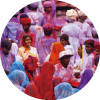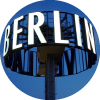
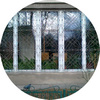

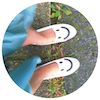



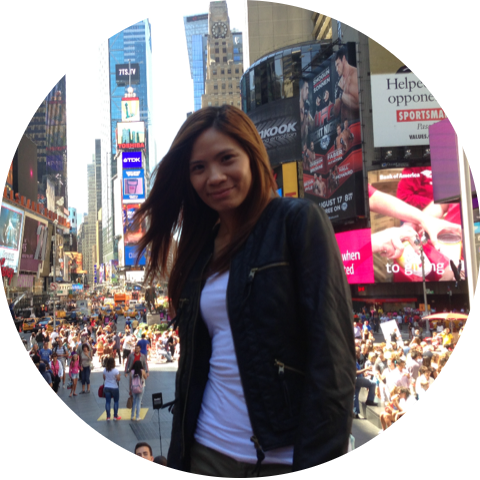


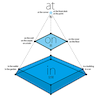

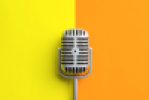
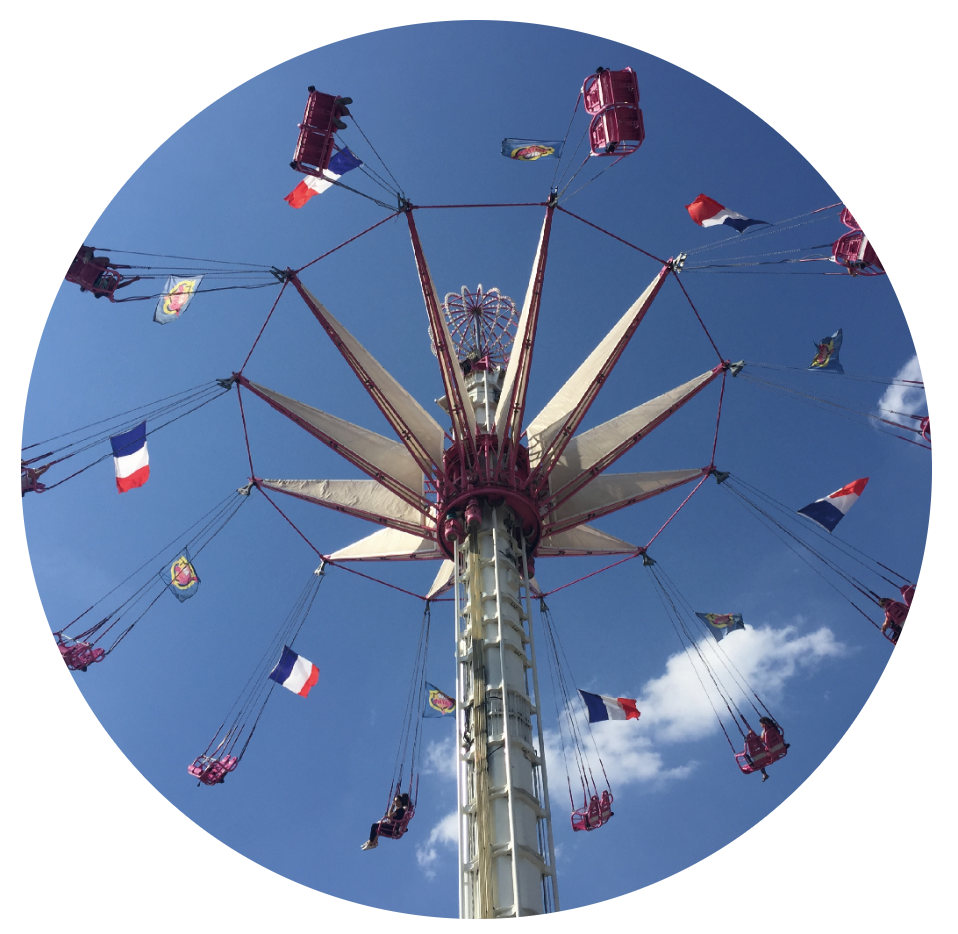




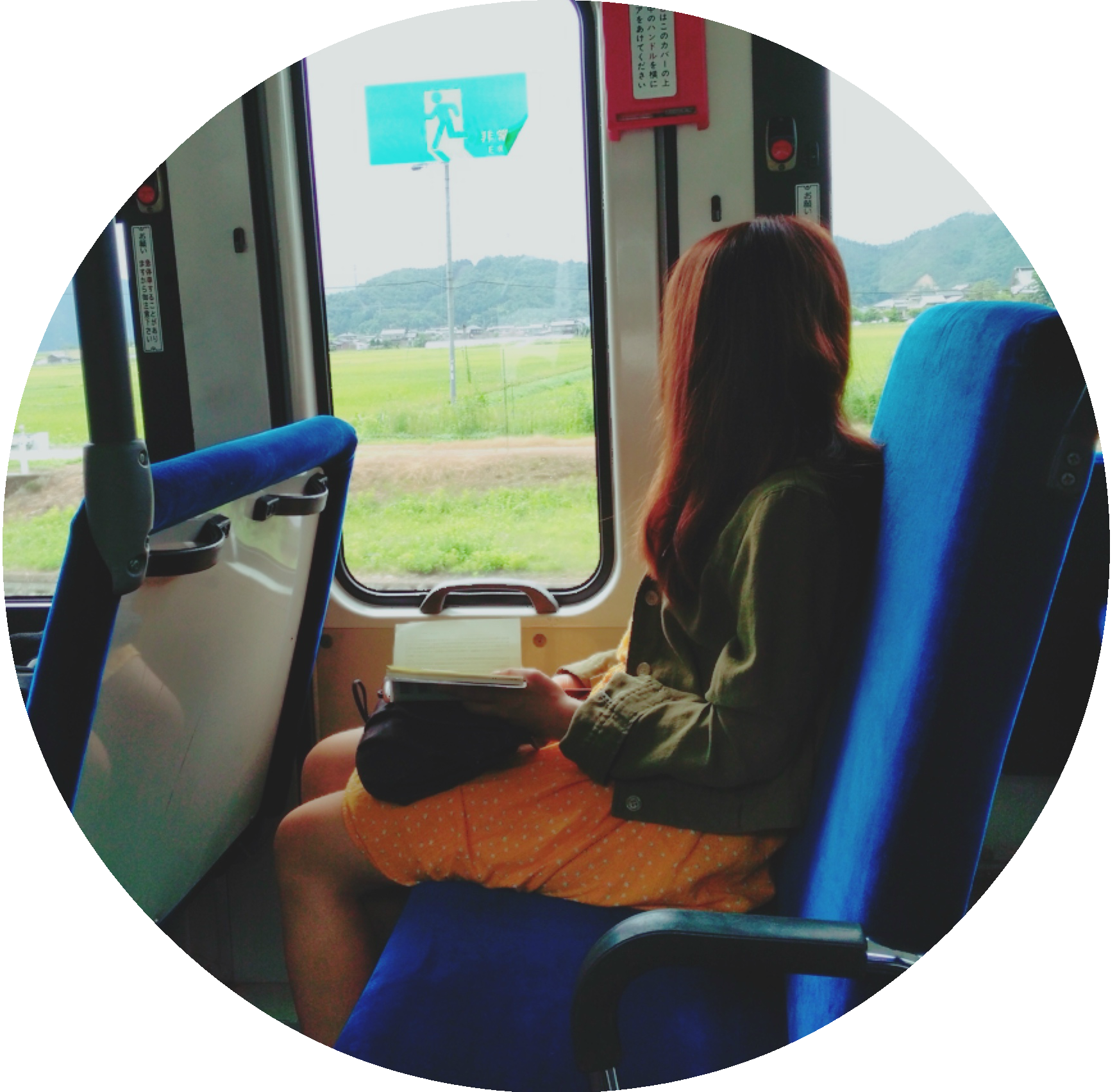
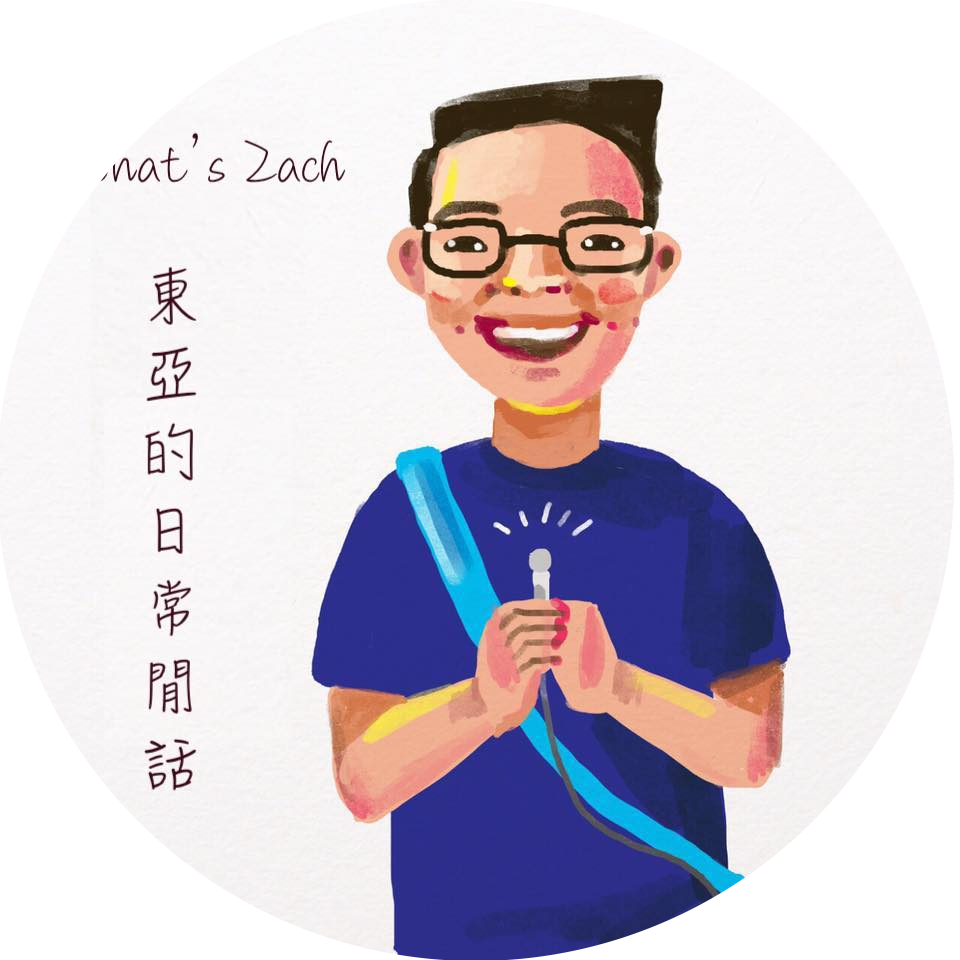

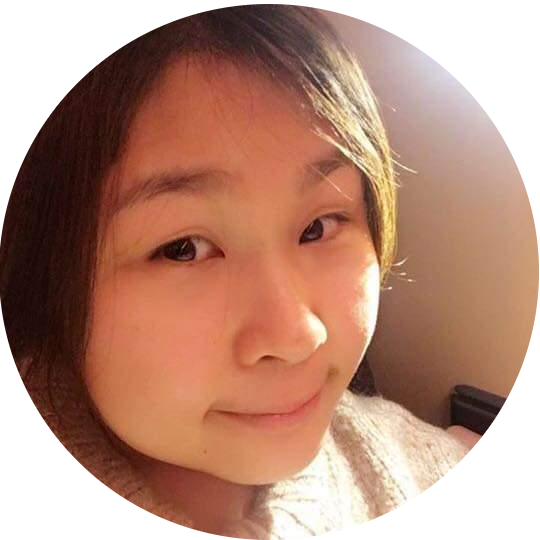
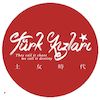
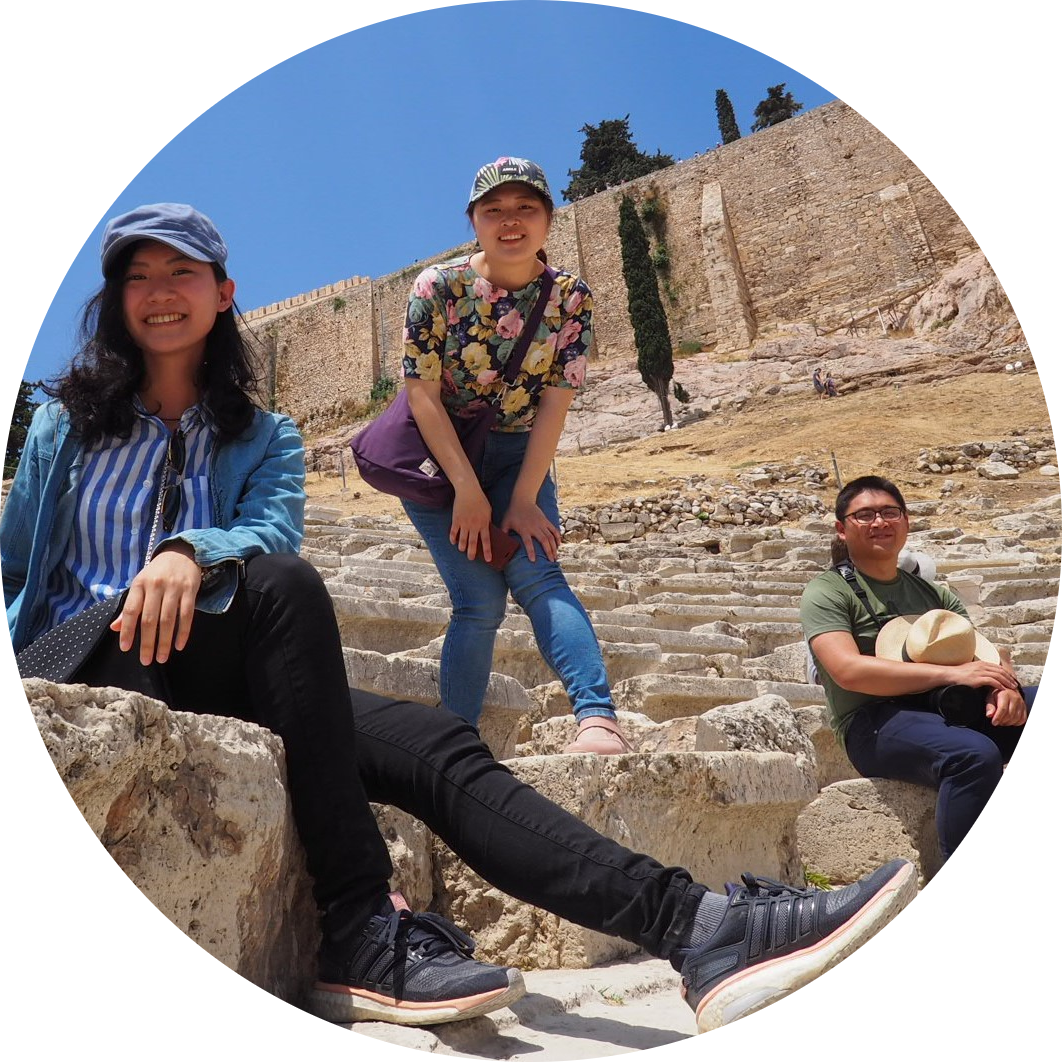


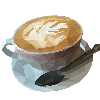
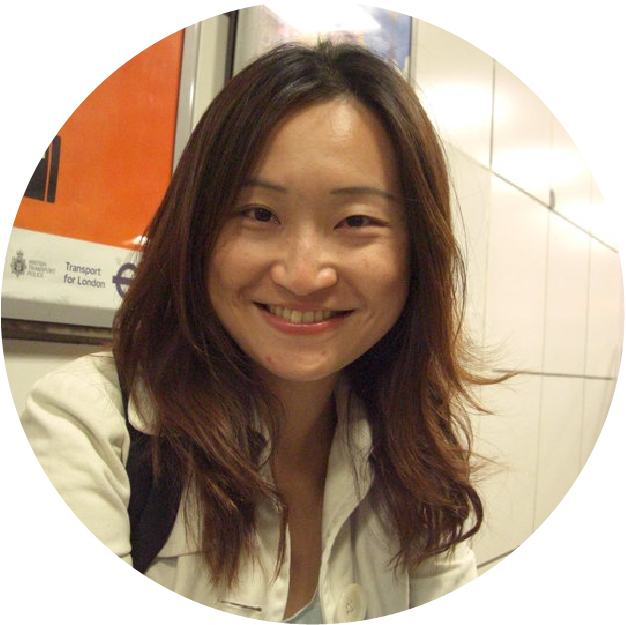

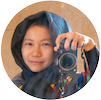

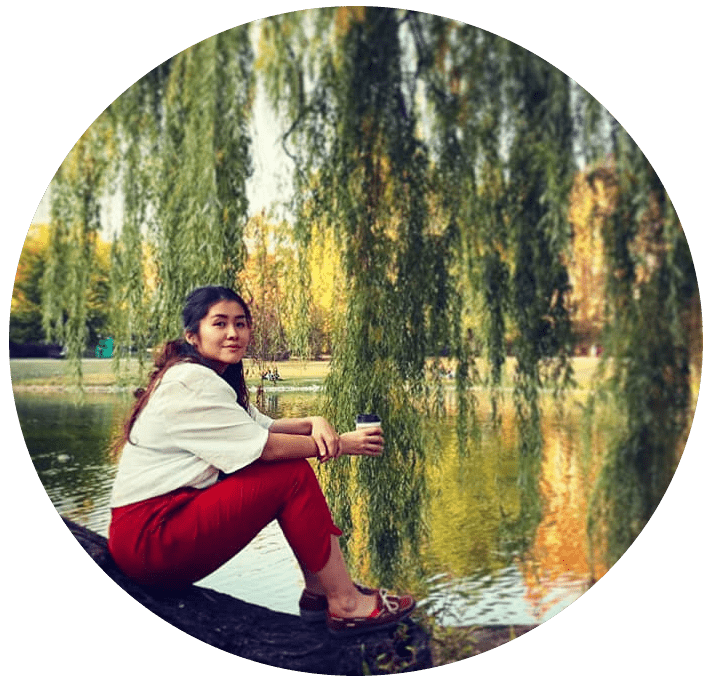
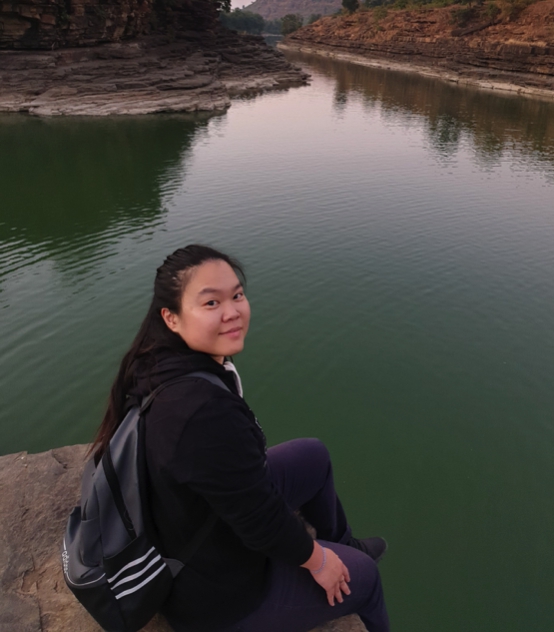
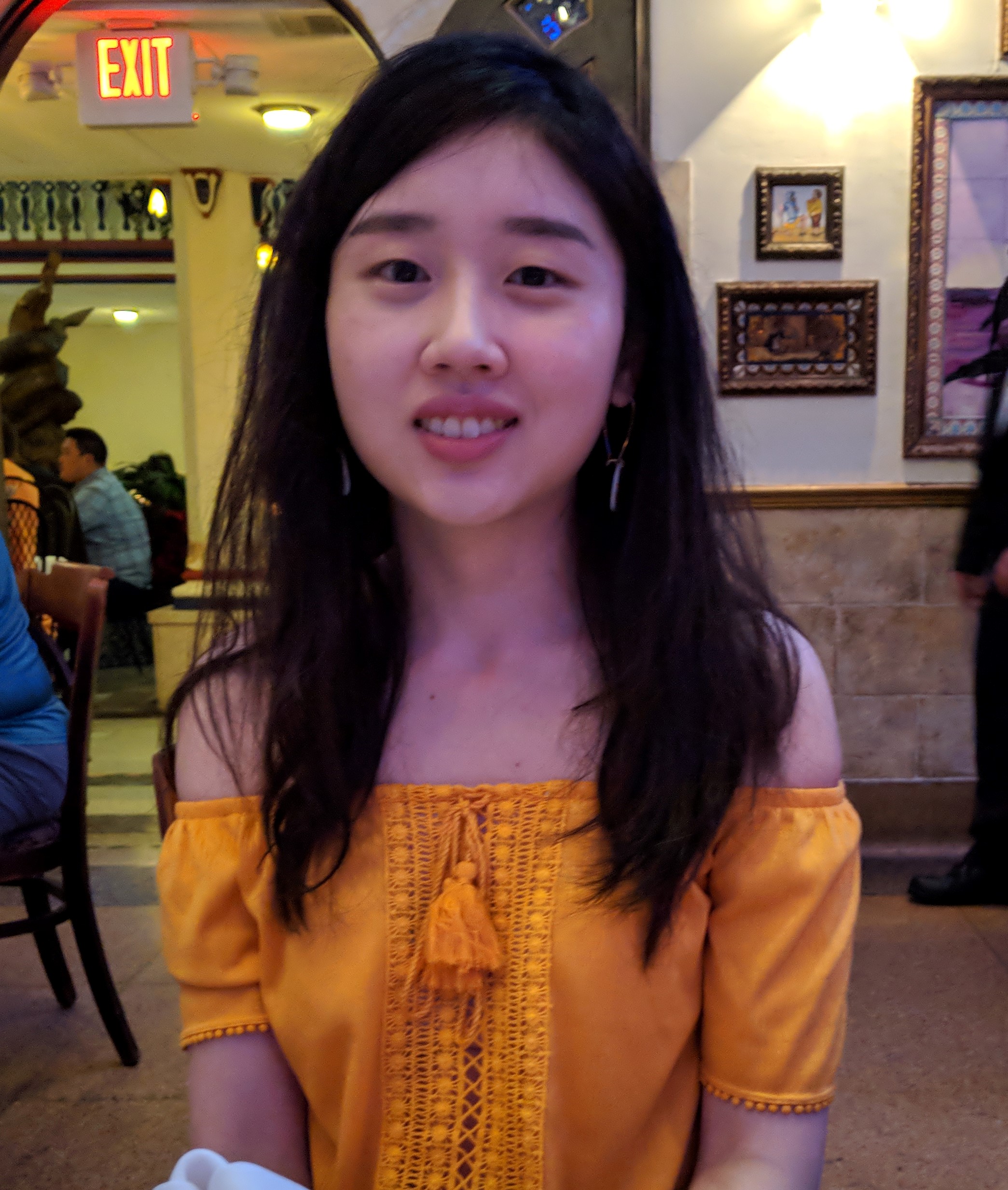
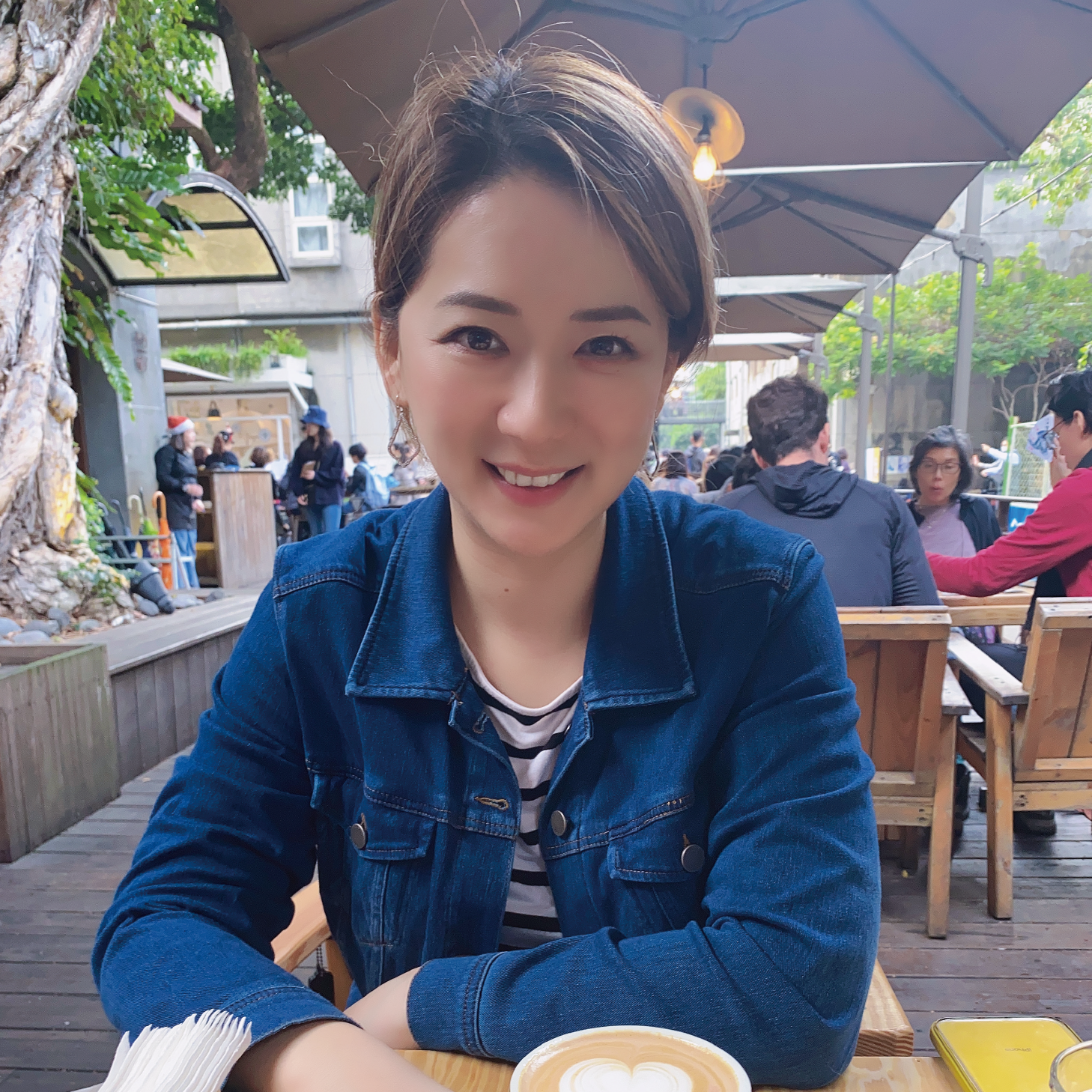


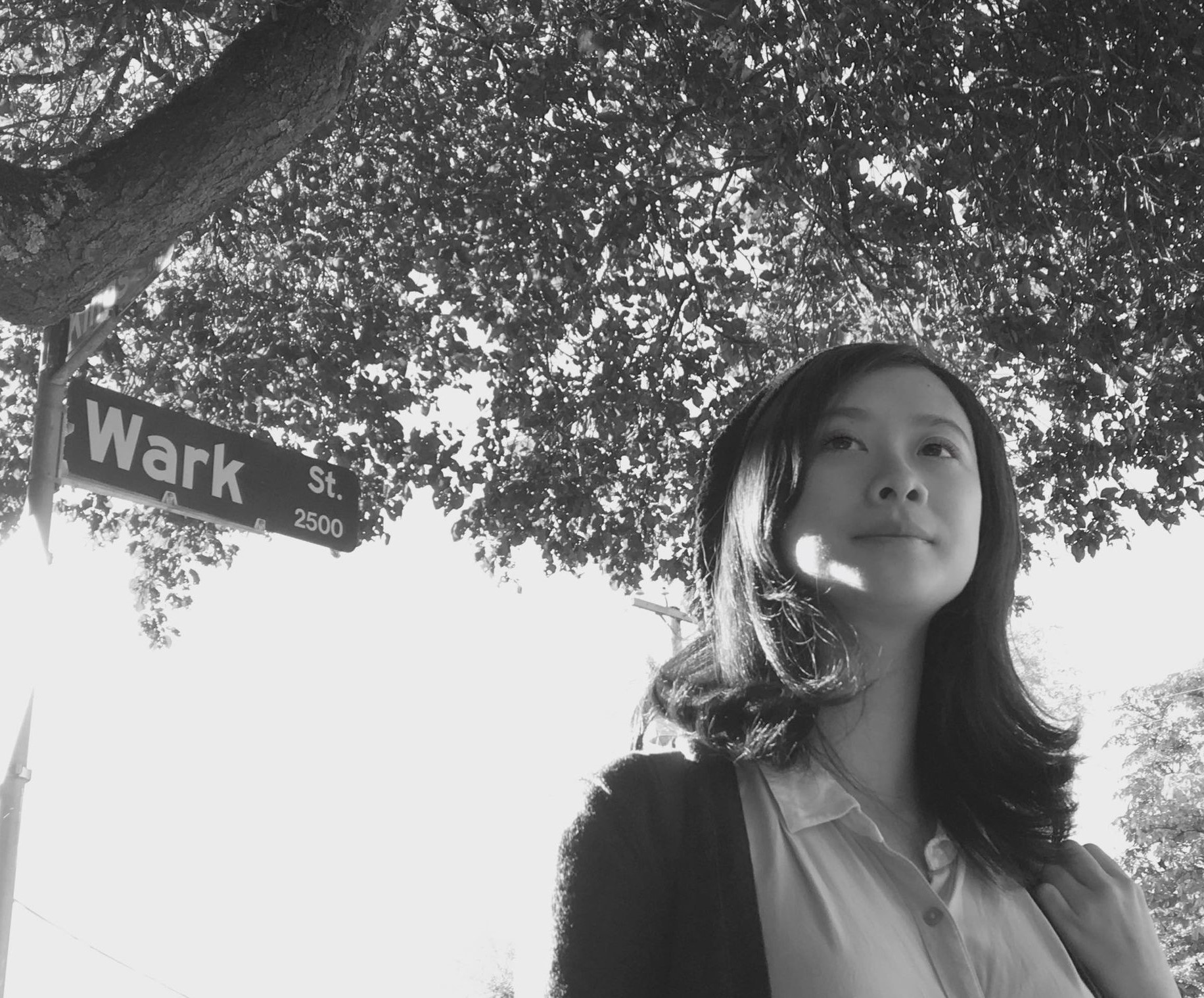
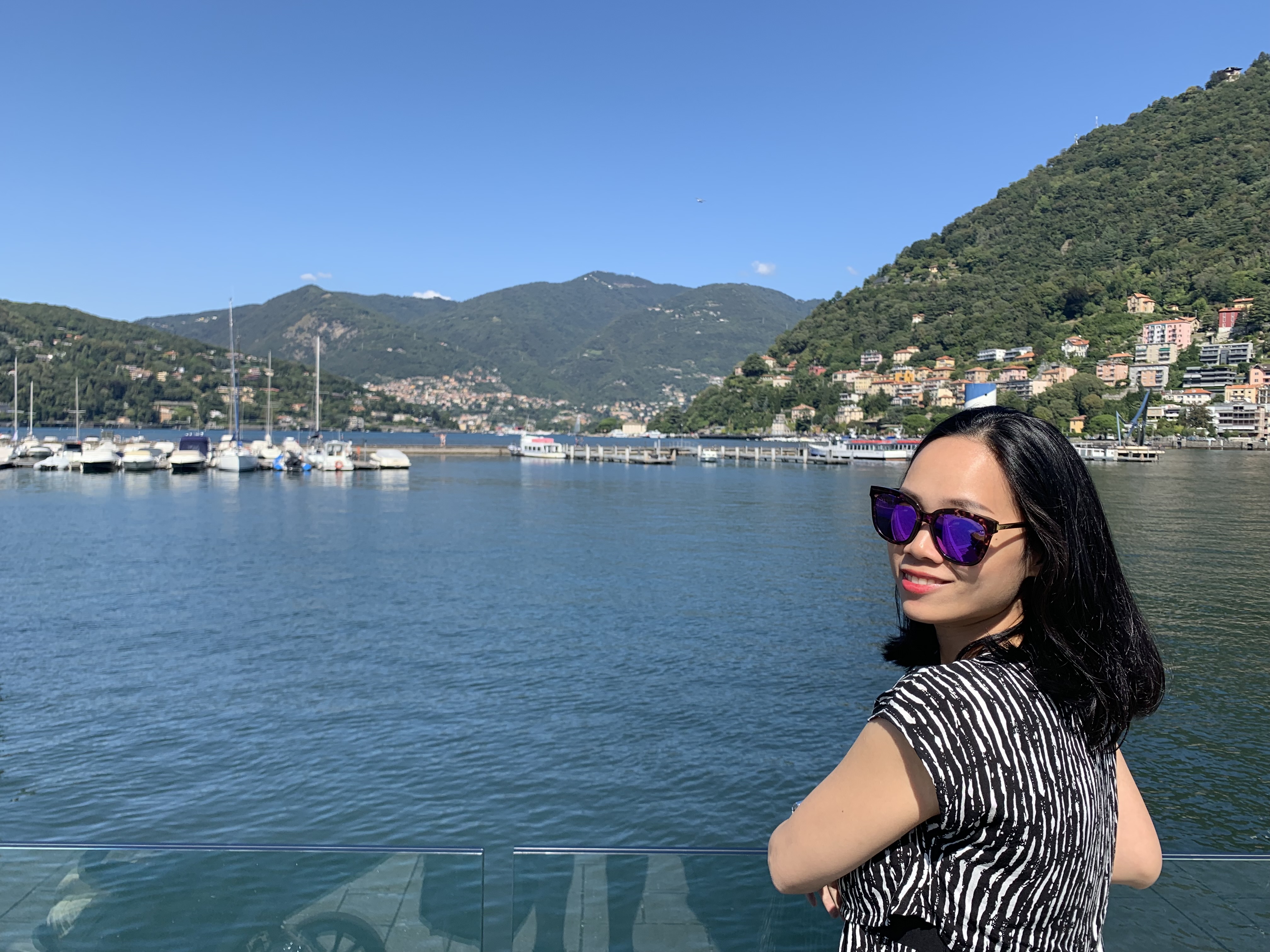
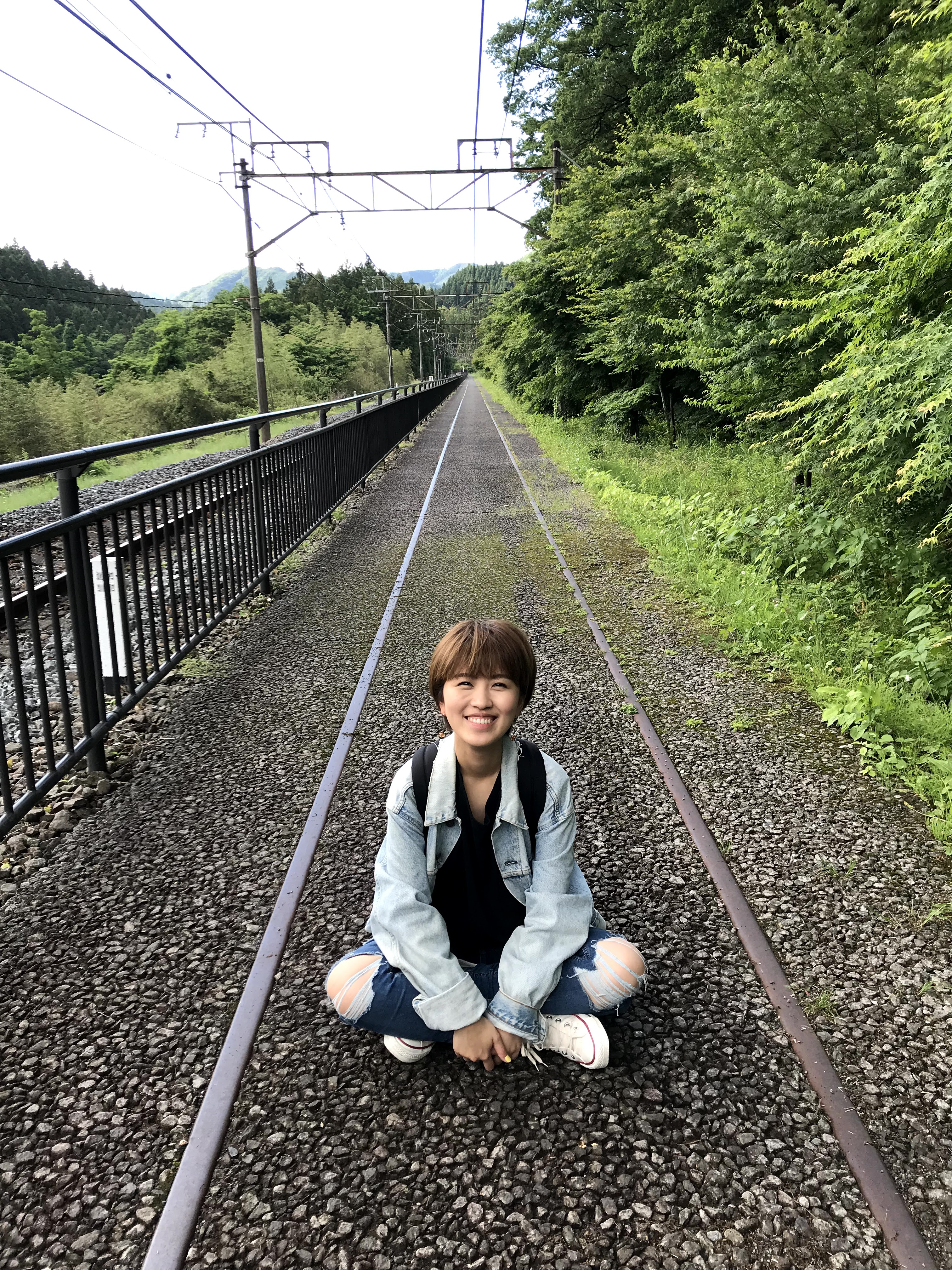


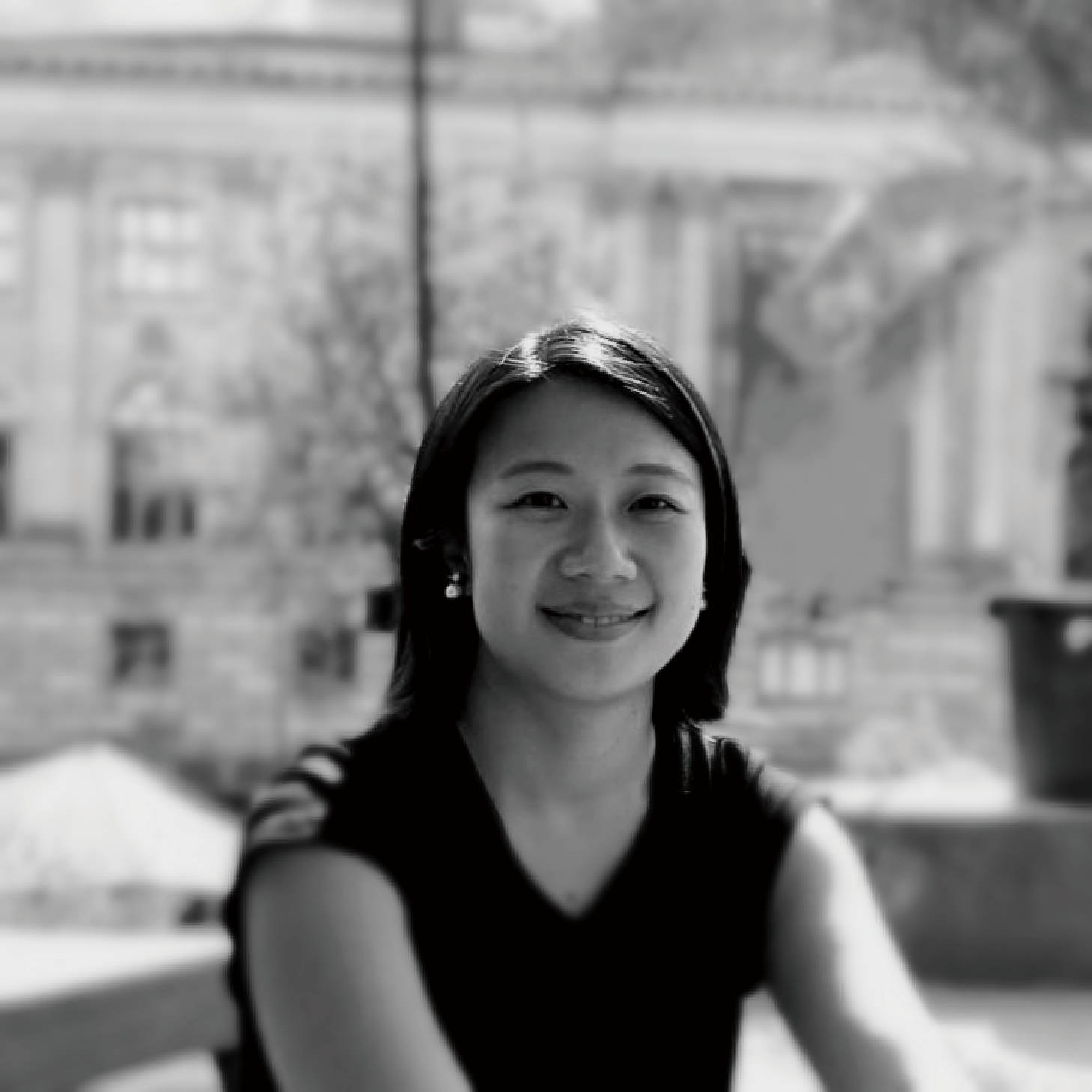


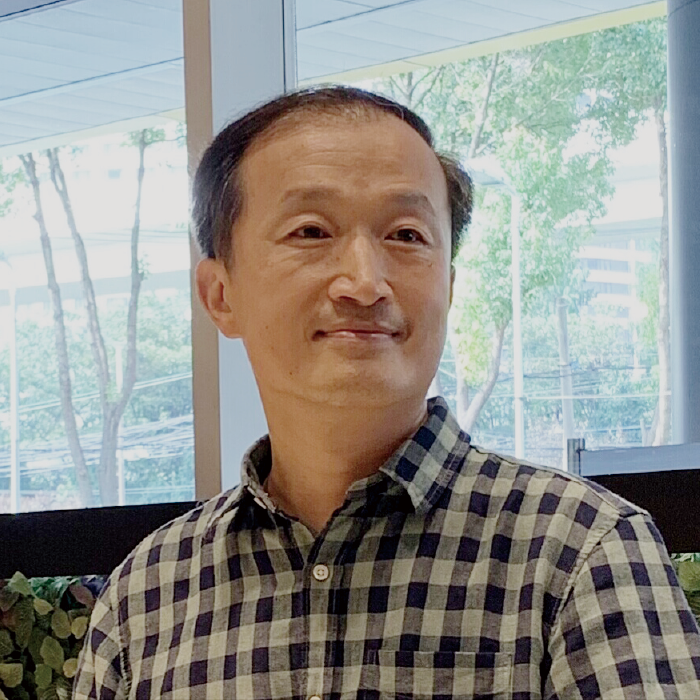



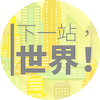
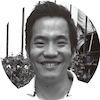


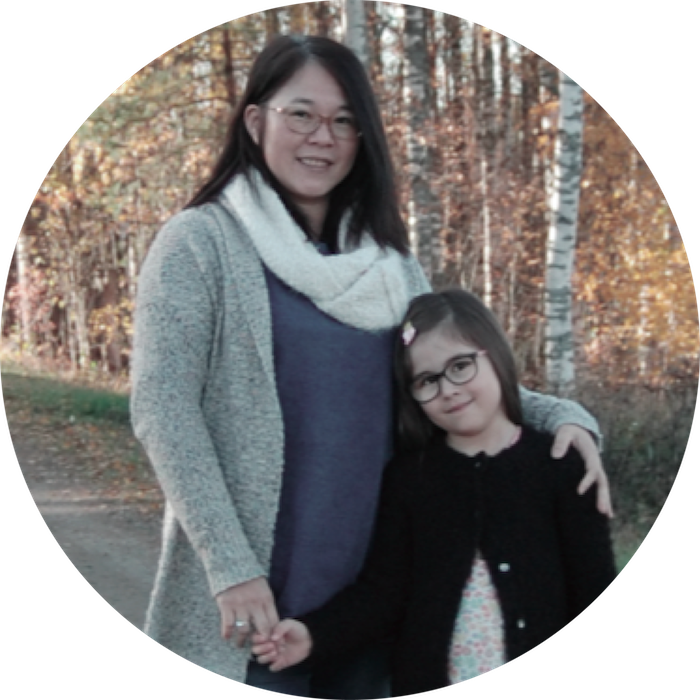

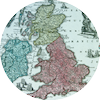

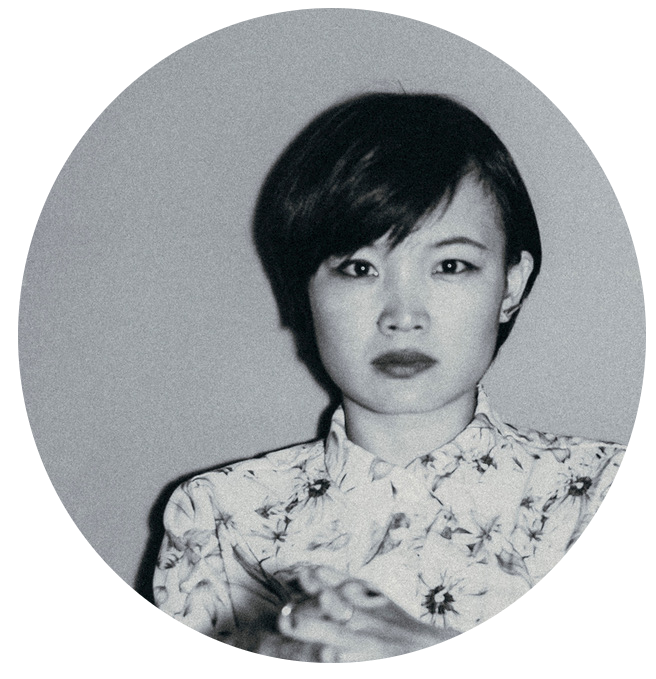

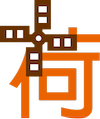
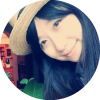
英語長文章:北京,我總是到得太晚
當北京和其他大城市越來越像,外國旅人竟成了公園裡憶當年的老人,彷彿絮叨著北京不再是北京的同時,當年不分日夜燃燒的煤礦煙囪、蜂巢般的胡同,才會再回到眼前。
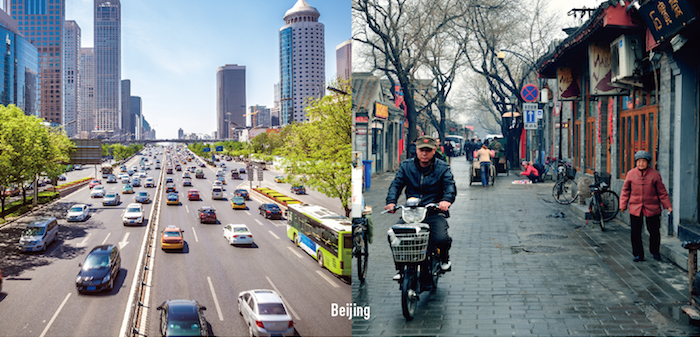
All foreigners arrive in Beijing with a sigh - they have come too late. Beijing is no longer Beijing. In the 50s, the centre was leveled to create the world’s most hideous square. In the 60s, the city wall was dismantled to make way for an inner ring road. In the 70s, temples were plundered and vandalized by the red guard. In the 80s, concrete monstrosities began to encroach on the traditional hutongs. In the 90s, a very destructive cultural force came into play: money. The high rises became higher. And in the run up to the Olympics, Beijing received a final face-lift; whole sections of the city were wiped out to build shopping malls and redundant sporting arenas.
I first arrived in Beijing in 2005 – sixty years too late. In books, and from more seasoned travelers, I’d caught wind of the splendors of old Beijing, long gone: fleets of bicycles jostling in the summer dust, the majesty of the forbidden city in snow, the flower latticed bricks of obscure lanes. This annoyed me intensely. One does not wish arrive in paradise only to be told that the choirs no longer sing in tune. I was prepared to take Beijing as I found it: a pandemonium, redeemed by excellent food and novel inconveniences (squatting toilets, etc.). But no expert will ever pass up the chance to be an expert. And any foreigner in China for longer than two weeks feels qualified enough to assess the general state of things – they used to be better.
Last month I made my first trip in China in over five years. It was a ‘workation.’ (A good friend of mine recently introduced me to this paradoxical term. It means, apparently, a vacation from work, working. You must be productive, but must also, rather sadistically in my opinion, enjoy it.) Initially, I was based in a hostel to the west of Beihai Park. Many of the guests were discovering Beijing for the first time. In the evenings, they would sit out on the terrace and share their experiences over beer and cigarettes. Sometimes I would join them. As I heard them hold forth, however, on the perils of crossing a Chinese road, or the squadrons of old ladies dancing joylessly in a public park, I was gripped by an irrepressible urge: the urge to be an expert. “When I first arrived in China,” I would interrupt, lighting a cigarette and popping open a bottle of Qingdao beer, “things were a little different.” Over the next hour, I would lecture my unfortunate audience on what Beijing used to be like, and why they had arrived too late:
沒有飛鴿自行車,只有Uber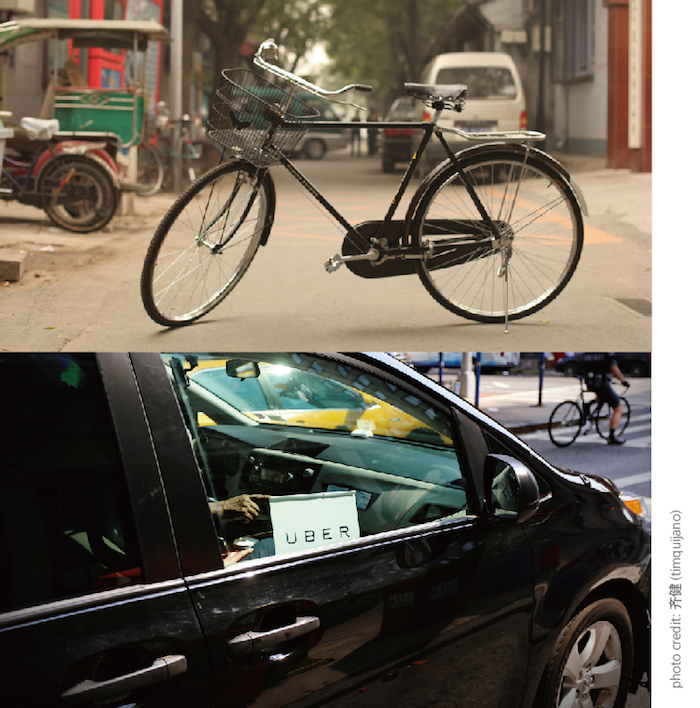
“In my day, the only noble way to get around Beijing was by bicycle; and not just any bicycle – it had to be a Flying Pigeon. The cycling lanes were as congested as a busy stretch of the Tour de France. This was less merry in winter, when one’s gloves would freeze to the handlebars. Common practice was for the chap to man the pedals, while his mistress perched daintily on the rack behind. If you got a flat tire, you could take the metro for one Yuan, but that wouldn’t get you far; there were only two lines. Buses were unbearable and the fee for most taxi rides had to be fiercely negotiated. How times have changed! Now the metro takes you from door to door. Bicycles are rare beasts. And Uber has made all other forms of transport irrelevant…
“The hutongs? Oh, you know nothing of them! In my day, the entire city was a honeycomb of hutongs! It was a simple, rustic way of life, without electricity or running water. Four families packed into a single courtyard. Now, of course, they’ve all moved into lonely, spacious apartments, with high tech toilets and flat screen TVs. The only hutongs left hardly deserve the name. They’ve been spruced up and lined with shops, full of knick-knacks. Hutongs indeed!
蹲廁裡立起隔板,聊天都不像聊天了
“Chinese toilets, you say? I fear you’ve never seen such a thing. The seated toilet used to be a foreign curiosity. Now it’s invaded all the public lavatories. There have been other setbacks too! Partitions have been installed between the pots, precluding polite conversation with one’s neighbour while doing business. How dull!
“Smartphones, eh? In my day such things simply didn’t exist. The future hadn’t been invented yet. One communicated via payphone, or from the little red telephones in local kiosks. Now you can’t get by without one of these devils (I say waggling my smartphone). There’s an app for everything. One used to go to the Internet café to access the Internet. But why would you? There was no Facebook, no YouTube, no Weibo. There was also no censorship. The only thing blocking western news outlets was a slow connection…
“And the pollution? You know not the meaning of the word! Back then, power stations were located in the very centre of the city. Coal chimney tops smoked day and night. And no one went to the trouble of measuring the air-quality – they knew it was bad!
我朝地上吐痰,北京人全皺起眉頭
“But what about the Chinese, you ask? They too are different. Spitting used to be regarded as a healthy habit, and was much encouraged. Now, when I spit onto the pavement, the locals frown at me. Smoking, the most sociable of all activities, was a national pastime. Now the trains are smoke free! There are even rumors abroad, in the form of cautionary advertising, that smoking is harmful for your health. I preferred things as they were…
“Last of all, I tell you, the locals no longer stare. A foreigner is now less of a cause for wonder and amusement than a lamppost. I used to be a celebrity! Wherever I went, crowds would gather, photos would be taken. Now the people don’t even see me. Sometimes, I wonder if I’m really here, or if it’s my ghost that is walking through Beijing.”
By this time, most of my audience would have dispersed or quietly fallen asleep. Only one or two youngsters from the Gap Year Group still lingered, too timid or polite to abandon me in the flow my soliloquy. “But if it used to be so much better,” one would ask after I’d finally sunk into a meditative silence, “why did you bother coming back?” At this, I would shake my head and sigh. “Because I still love it here.”
本文收錄於英語島English Island 2016年11月號
訂閱雜誌
| 加入Line好友 | 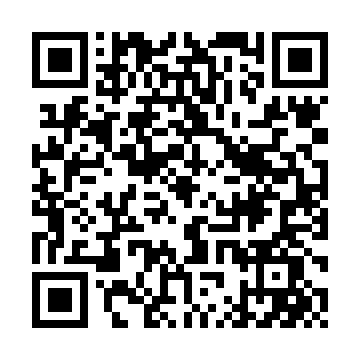 |
 -- 作者:William Blythe
-- 作者:William BlytheWhen younger, I was under the false but not altogether unpleasant impression that I was different. Naturally, it was also vital that I should study something extraordinary at university. Back then, China was not the celebrity of the front pages that it is now, and Mandarin was studied mainly by eccentrics. I was, or so I thought, more than qualified for the task.
Much of the next ten years I spent studying and working abroad; first in France, then China, followed by Taiwan and Germany. Having tried for so long to be different, as a foreigner, I had to do my best to be the opposite. There was some sadness in this. My ego and a few old friends were offended. But living in different culture is, I've found, more interesting than trying to be different.

 擔心生理健康,心理卻出問題?
擔心生理健康,心理卻出問題?


